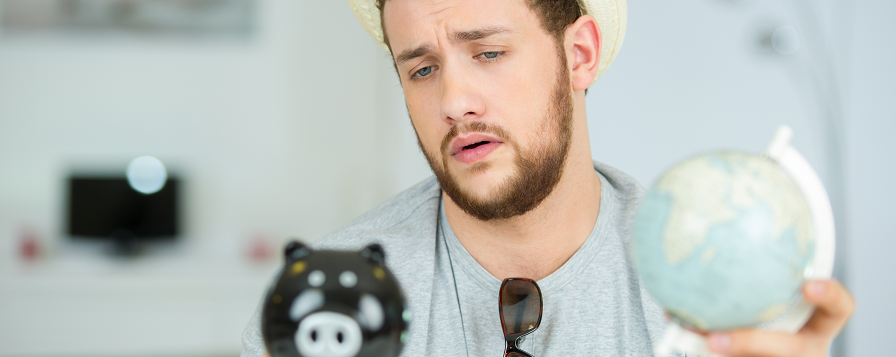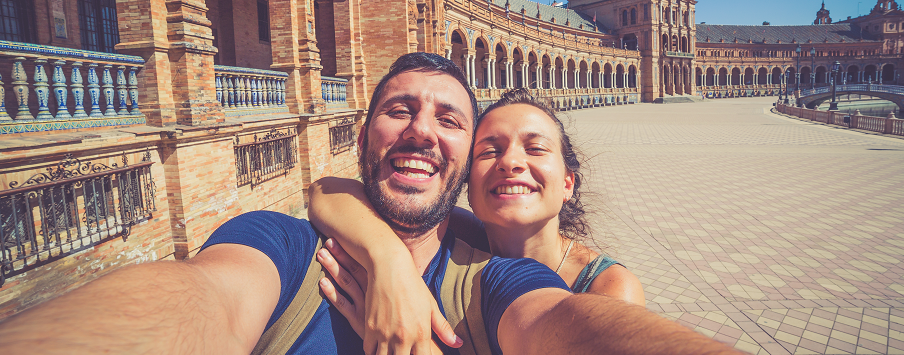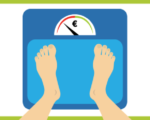Taking an opportunity to “unplug” can be very appealing to employees in the face of a crush of work responsibilities. But did you actually know that holidays are also connected with stress or unexpected strange feelings? Tourists from Japan, The United States or Canada may enjoy holidays differently as they have fewer statutory vacation days per year compared to European standards. We might say they are under even more time pressure to ensure they get their desired relaxation Paylab analysis showed that in some countries, however, going on holiday is a true luxury. The proportion of days off per year can also multiply the stress connected with a vacation. Have you ever experienced any of the following strange feelings when you are “out of office”?
1, The Cultural Shock and Psychiatric Syndromes
It happens sometimes that people have an unrealistic or highfalutin expectation of their holiday destination, based on one-side tourist sources, romantic films or marketing leaflets. They tend to overestimate the place and local people. Big disenchantments come when they meet reality. The cultural shock can cause transient mental disorders. This phenomenon is known as Paris Syndrome and it is mostly linked with Japanese tourists.
Hundreds of tourists annually suffer from a variety of psychiatric symptoms such as hallucinations, dizziness, anxiety, aggression, perceptions of being a victim of prejudice, aggression or hostility from others. It is as a result of extreme cultural shock derived from their discovery that the target destination is not what they had expected it to be.
Similar syndromes are connected also with other places, for instance Jerusalem (Jerusalem syndrome) or Florence (Stendhal syndrome) when tourists are overwhelmed with religious pressure or are exposed to an experience of great personal significance, particularly viewing art.

2, Vacation Money Is Crazy Money
We save extra money to go on holiday, but once away from home we can easily overspend our budget and regret it afterwards. Overpriced vacations produce stress after the holidays. Moreover many people take vacations they cannot afford.
The temptation for impulsive shopping on holiday is very high. Telling ourselves “We’re worth it and show off that we can afford it.” Perhaps the biggest reason it’s easy to spend so much more on vacation is because we tell ourselves we deserve it. Of course, the last thing we want on vacation is aggressively controlling our budget or choosing the cheapest wine from the wine list in the restaurant. But no vacationist likes unexpected surprises by viewing the bill for consumption when checking-out from the hotel. That is why we need to define a daily budget of pocket money, from time to time ask the hotel receptionist about the status of our room account and buy only meaningful souvenirs. Even if we feel that we do not want to care about money on vacation, we are scared inside that we cannot afford so many pleasures. Compare your salary to know, if you are paid enough.
3, Looking great on Instagram
According to travel site Expedia, the biggest priority for young people travelling abroad is how Ïnstagrammable their destination is. Social media users are mostly posting their vacation snaps to incite envy among their friends and followers. A perfect vacation selfie can create copycats. Young travellers are more and more likely to find inspiration for their next trip from social media updates posted by friends and family on Facebook and Instagram. Let’s think who from your friend’s list are posting the same destination photos as you did in the past 12 months? And who is the next who wants to make you envious with attractive online posts with cool chilled out holiday photos? Vacation time is our neve rending one-upmanship. No matter where we are, we do not forget to compete with friends with the new original holiday photo. And we always want to look great and relaxed to impress somebody else.

4, Holiday is not only for happy people
Some people simply do not have any company for their holiday. That is why some people boycott travelling to holiday destinations. But relaxing on holiday is not only for happy honey-mooners, families or adventurous backpackers. Even when you stay alone after a divorce or broken after an unsuccessful relationship, you can be offered by the travel agent a “start-anew moon” package. It is a new niche market product with mixed activities where you can recharge your body and mind with a new wave of energy and learn to enjoy new freedom status. It is popular especially among 40 to 50-year-old women, who use the trips as solo self-discovery adventures. Some resorts offer morning yoga sessions and spiritual purification rituals or a “trash the memory ceremony”. Clients for example tend to pay a little extra to take part in a guided bar crawl or try a private pole-dancing lesson.
5, Recovering from the vacation or Holiday blues
Employees know that feeling that they need a vacation in order to recover themselves from a hard working period. But some of the vacationists also know that feeling that after a true holiday you need to take extra days off to recover from the vacation. Especially those travellers who overdid the holiday schedule with so many physical activities. Or those who have spent very intensive emotional vacation time and need to order their thoughts.
Some people can get a strange mood after returning home from a long trip. It is called post-holiday blues or post-travel depression. Returning home or to a normal routine, especially if it was a pleasurable one, can be very hard. People simply realize how boring and unsatisfactory their normal lifestyle routine is when compared to the activities they did while on their holiday. Post vacation blues may result in tiredness, loss of appetite, strong feelings of nostalgia, and in some cases, depression. It usually takes a few days, but in extreme cases it can last for several weeks for the mood to fully wear off.






